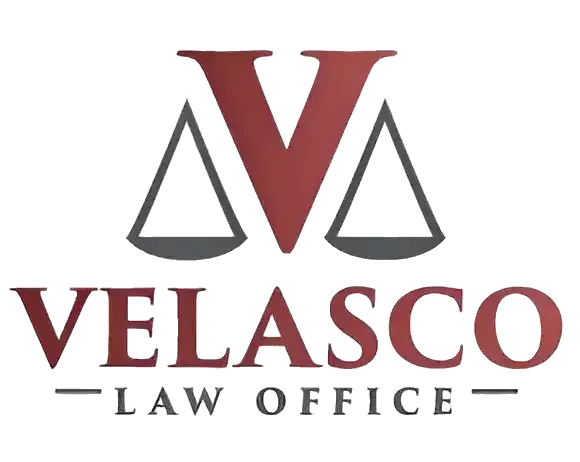Myths of Bankruptcy
Addressing the Myths of Bankruptcy for New Jersey Clients
When you are facing a grim financial situation, you may consider filing for bankruptcy but shy away because of the stigma associated with those who have filed in the past. Many people believe that filing for bankruptcy is for the irresponsible, will tarnish their reputation, take all of their possessions, and permanently ruin their credit. Velasco Law Office understands the tough times one goes through when considering the process of bankruptcy. Though the road may be tough, it is possible to endure with the right guidance. Juan C. Velasco, Esq. is ready to compassionately and effectively guide you through the process of bankruptcy and help you right your financial ship. Do not allow the unfounded myths of bankruptcy to scare you. Contact Attorney Velasco today.
My Reputation Will Be Ruined
You may be nervous about filing for bankruptcy because you think it will tarnish your reputation. The only people that should know about your filing are the ones you tell, the trustee and your creditors. In rare cases, high profile individuals and major corporations are in the media for filing. Though bankruptcy is on the public record, the number of cases are so massive that few publications have the ability to run them all.
Bankruptcy Is only For the Irresponsible
This is an unfortunate myth of bankruptcy. Yes, some irresponsible people file for bankruptcy. The fact of the matter is that there are far more instances of responsible people filing for bankruptcy in the face of major life experiences. Some examples of major life events that lead people to bankruptcy include:
- The loss of employment
- Divorce
- Mounting medical bills
Unfortunately, when a person loses a job and cannot recover, he or she may have to consider filing for bankruptcy in the face of mounting bills. Divorcing individuals will sometimes have to file for bankruptcy because of the overwhelming financial strain of legal costs or the cost of running two households. In the face of illness, the high cost of medical care has the potential to ruin a stable financial situation. Bankruptcy is a difficult situation but it does not always mean you are irresponsible.
They Will Take All of My Possessions
This is just false. One of the most frightening facts about filing for bankruptcy is that you will lose all of your possessions in the process. Simply put, many of your small possessions are not worth enough to be included in the process. Many states allow for exemptions up to a certain amount. In addition, many approved Chapter 13 plans allow for people to retain many or all of their possessions through a repayment plan.
I Will Never Get Credit Again
After you file for bankruptcy, you will soon have credit card offers in the mail. Though the terms are not ideal, you will be able to build your credit once again. If you need to buy a car, you will have the opportunity to receive credit to make the purchase. There are plenty of credit card companies that want your business. If you are careful, you may be able to make a comeback as bankruptcy only stays on your credit statement for 10 years.
To learn more about the bankruptcy process, simply read Attorney Velasco’s Complete Guide to NJ Bankruptcy.
Contact a Knowledgeable Attorney to Guide You Through the Process of Bankruptcy
Velasco Law Office has years of experience guiding New Jersey clients through all forms of bankruptcy. We understand that bankruptcy is a difficult situation. Do not allow the stigma of bankruptcy put you in a further dire situation. The right attorney can help you through the process and protect your rights. If you need an effective law firm to represent your needs and ease your stress, contact Velasco Law Office for a consultation.








